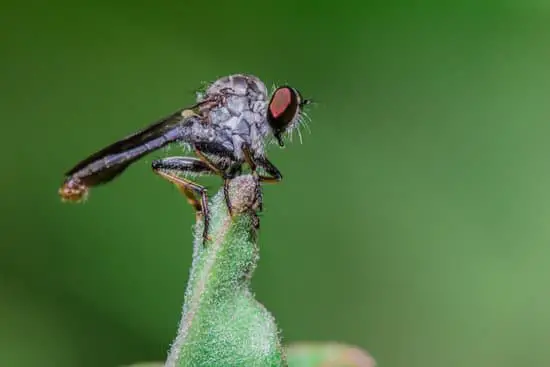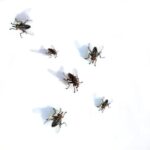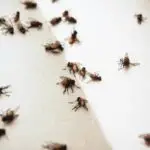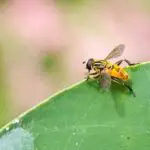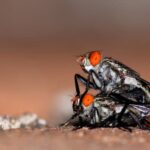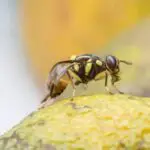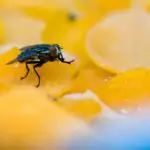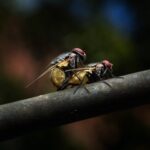What is the Purpose of Flies?
Flies are a diverse group of insects that have a variety of functions. Some of them feed on plants and fungi and lay their eggs inside leaves and stems. Their larvae produce chemicals that turn these plants into galls, which are used by other insects as food. Flies also play an important role in maintaining a healthy ecosystem by breaking down decomposing organic matter. Some species are even predators and prey on vertebrates.
While flies can be a nuisance, their role in the ecosystem cannot be overemphasized. They help keep the ecosystem balanced and provide an important source of food for higher-order animals. As a result, their benefits greatly outweigh the disadvantages. However, there are a few species of flies that may cause you irritation or even allergic reactions.
Most flies spend most of their time in their larvae and pupae stages, and do not live long as adults. Adults last a few days or weeks, and are often eaten by predators. Unlike many insects, flies use vision to detect objects and detect vibrations in the air. The sense of smell is also important in the fly’s life cycle.
Besides being predators, flies are beneficial to plants, as they help pollinate many different plants, including cacao trees. In addition, they also fill a variety of ecological niches as prey, predators, and parasites. During their larval stage, certain Diptera spread diseases.
